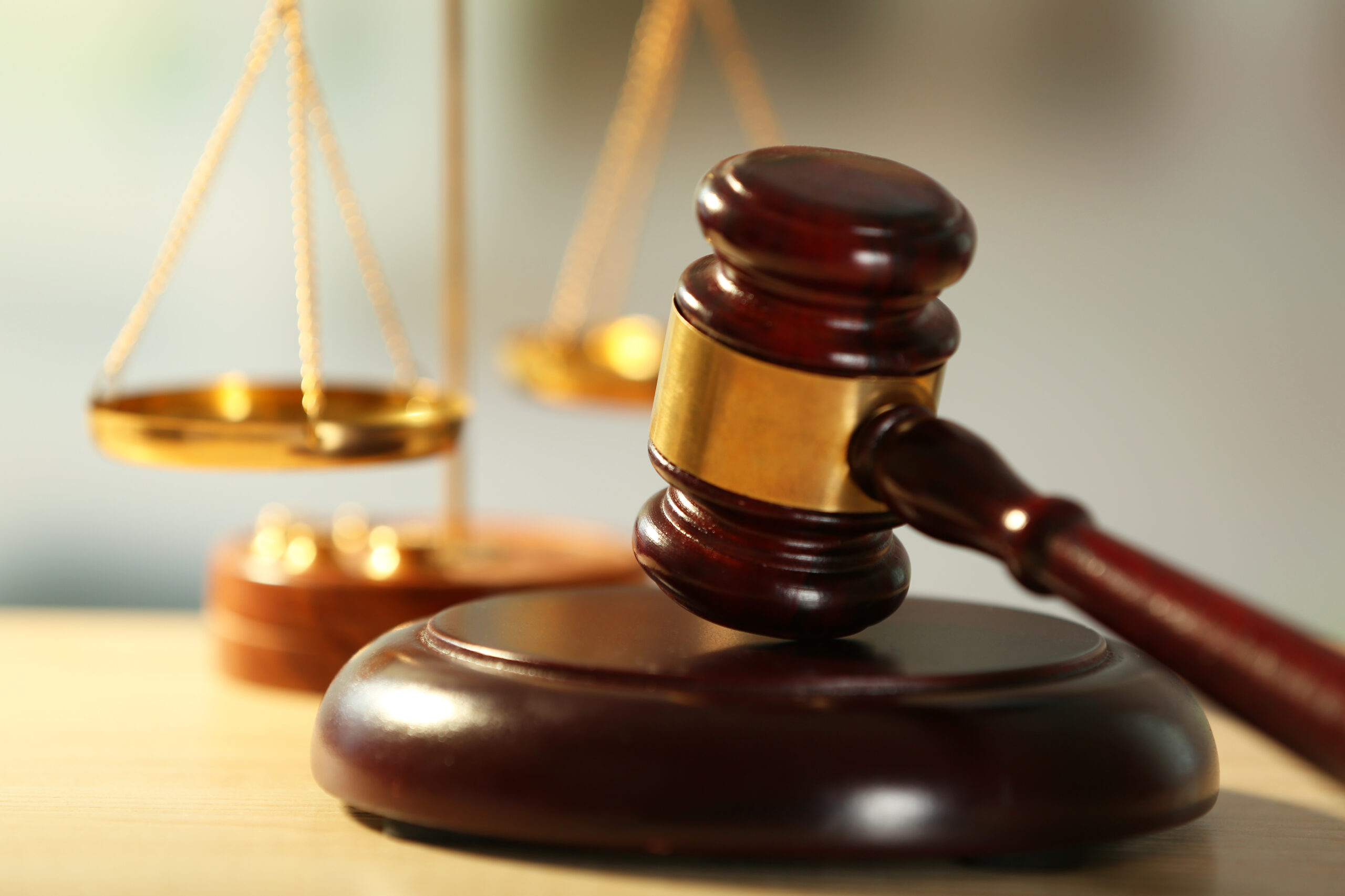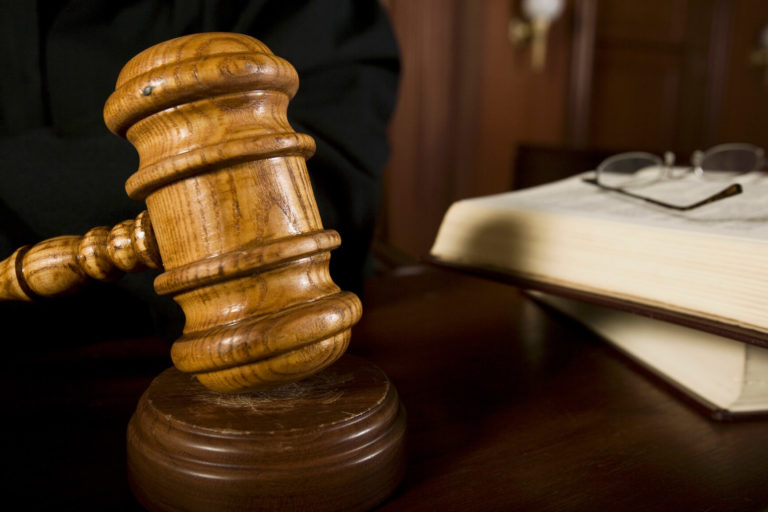Explaining 5 Crucial Chapter 7 Bankruptcy Exemptions

Chapter 7 bankruptcy allows individuals to discharge unsecured debts such as credit cards, medical debt, utility bills, etc. By liquidating non-exempt assets such as luxury items, second homes, second vehicles, and investments (stocks and bonds) to pay off creditors, the debtor can clear most unsecured debts for a fresh financial start. While liquidation may seem scary, there are exemptions designed to safeguard the debtor. Let’s explore five crucial Chapter 7 bankruptcy exemptions:
Homestead Exemption: Sheltering Home Equity
The homestead exemption keeps a portion of the equity in a primary residence safe during Chapter 7 bankruptcy. Essentially, this exemption allows those who declare bankruptcy to keep their home. Since having a home is crucial for financial recovery, this exemption is deserving of the first spot on our list.
Motor Vehicle Exemption: Driving Toward a Fresh Start
The motor vehicle exemption shields equity in a primary car. Without a means to get to and from work, there is no way a debtor can rebuild their life, so this exemption is necessary. Importantly, this exemption only protects primary vehicles. Second vehicles or luxury vehicles with significant equity that exceed the exemption limit are up for liquidation.
Personal Property Exemption: Holding Onto What Matters
The personal property exemption enables those filing for Chapter 7 bankruptcy to keep essential belongings. Such items include what they need for basic living to prevent undue hardship. Think clothes, kitchenware, furniture, washer/dryer, tools required for work, etc. Your bankruptcy attorney can help you determine the exact items this exemption can protect for you.
Retirement Accounts Exemption: Securing Your Golden Years
This exemption protects the future well-being of those filing for bankruptcy. Any funds in long-term savings accounts such as IRAs, 401(k)s, and pensions are safe. The main objective of this exemption is to safeguard the financial security of the debtor’s senior years, and it gives debtors hope that they can rebuild their economic well-being and have a brighter financial future.
Public Benefits Exemption: Safeguarding Needed Support
The public benefits exemption protects government assistance like Social Security, unemployment, disability benefits, and other public aid during Chapter 7 bankruptcy. These benefits ensure that people who rely on them can meet their basic living needs during bankruptcy. These continued benefits help debtors along their path to financial recovery.
We’re Your Partner in Understanding Chapter 7 Protections
Filing for bankruptcy may seem scary, but these Chapter 7 bankruptcy exemptions protect you from losing everything. Over time, you can slowly and steadily build back your financial well-being. By protecting your home, car, personal belongings, retirement savings, and essential benefits, Chapter 7 bankruptcy provides a path toward a more stable financial future. If you’re considering bankruptcy or need guidance on how these exemptions can work, contact The Law Offices of Ronald I. Chorches. Our team of Chapter 7 bankruptcy lawyers is ready to help you navigate the process.

